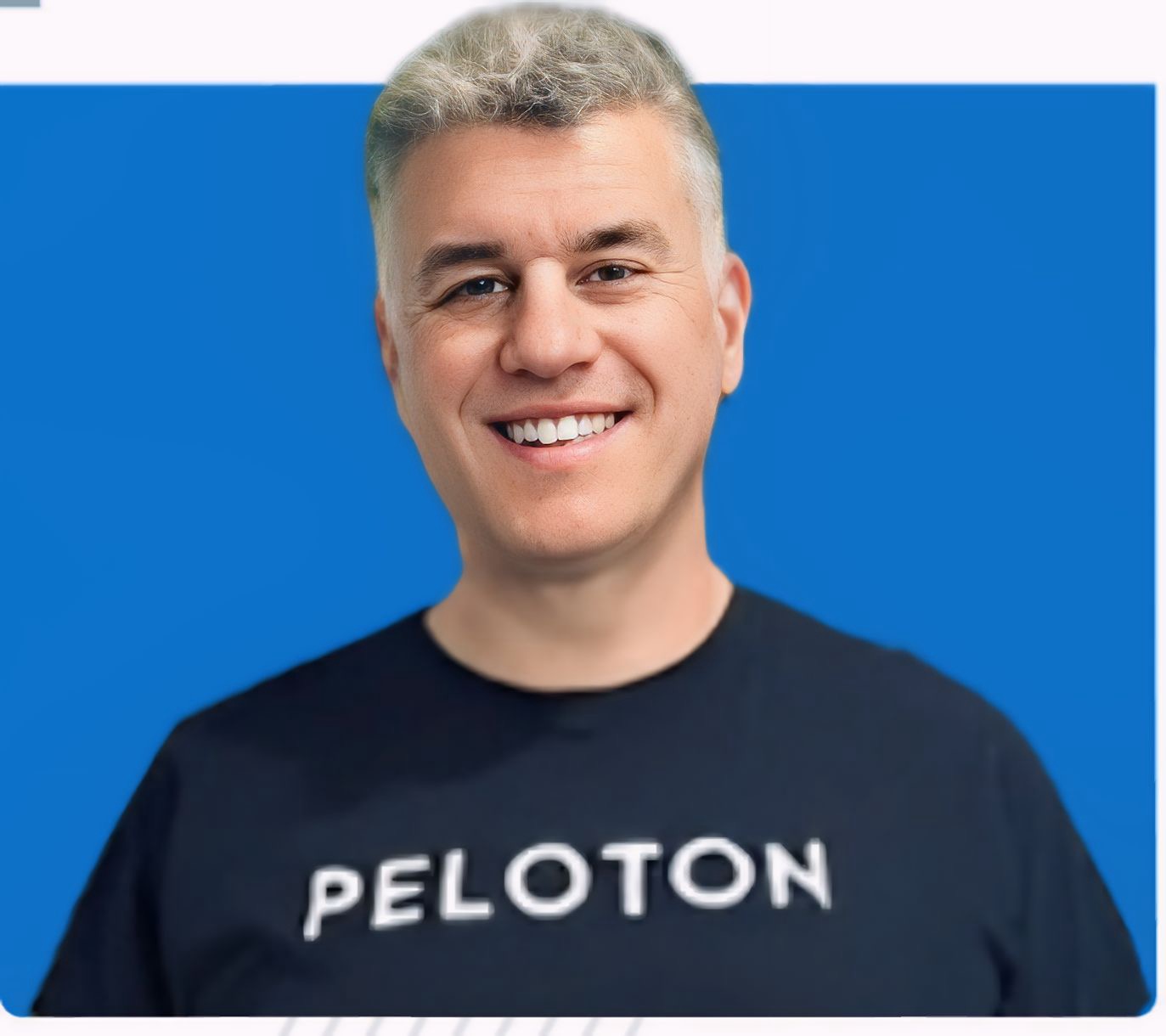
What does “Leadership Consultant” mean to me? After all, it’s a pretty generic topic.
To begin, I’m not a coach, but I do some coaching.
I’m not a trainer, but I have done a bit of training.
I choose “Leadership Consultant” as the moniker because I wanted to convey who I was here to help. If you know anything about company culture, it is kept alive by employees. However, it is created by “leaders,” even if they don’t see it.
As a consultant, I see my role as helping my clients understand that leaders can often solve business issues by leading. Leading change in the business operations. Leading change in how team members communicate. Leading change by being vulnerable and showing that you care more about the people and the issue at hand than you care about being right.
When beginning a potential engagement, I am interviewing prospects as much as they are interviewing me. Yes, ultimately they pay me, however, their ROI is significantly greater.
I am looking for leaders who:
• Put others first.
• Care about getting it right, not just being right.
• Have values that are apparent and in alignment with mine.
• Care about diversity of thought and background.
• Listen more than talk.
• Are fair even when they have leverage.
• Think “win-win,” not zero-sum.
How did I get here?
In my, ahem, long corporate career, I learned more from “bad” role models than the good ones. Maybe that is not totally true; it’s just that the bad ones stick out so much. Maybe it’s just the way memory works.
• Narcissistic boss who pits people against each other for the sport.
• Wimpy boss who does not stand up for himself or the team.
• Always-right boss who cares more that he is seen as invincible.
The list goes on.
All of the above is important because my work is extremely self-reflective. The assumption is that knowing yourself, how you are, and how you present to the world tells me whether the leader is prepared to do the work.
A leader that will eagerly take the OAD assessment as part of their leadership training, so they have more knowledge, data points, and action steps they own, is someone I can help.
Step one: Take the OAD assessment.
That’s the next installment.
At DBA JTL Leadership Consulting, I believe that leadership isn’t about titles—it’s about impact, influence, and alignment.